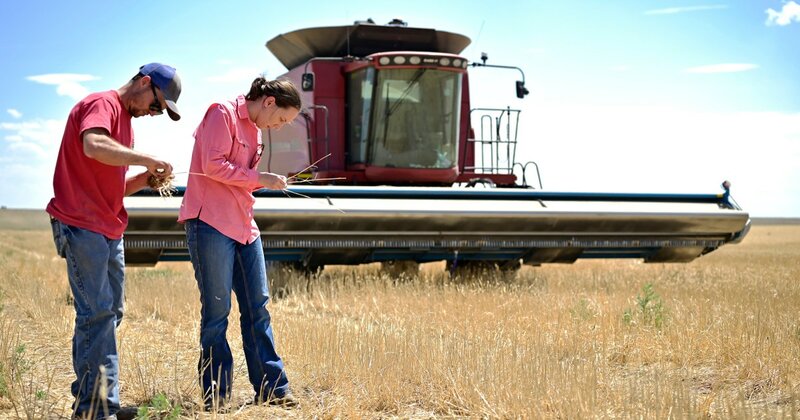Extreme heat waves and drought due to climate change have the potential to shock the global food supply and send prices soaring, according to a new study.
The research, published Friday in the journal npj Climate and Atmospheric Science, assesses a worst-case scenario in which extreme weather hits two breadbasket regions in the same year, hammering winter wheat crops in both the U.S. Midwest and northeastern China.
Winter wheat is planted in the fall, goes dormant in winter cold, then gets harvested in early summer. The study found that the extreme weather conditions that would push those wheat crops beyond their physiological tolerances are becoming more likely. If such weather affected multiple regions at once — a scenario possible in today’s climate — it could stress the global food system in dangerous ways.



 Food/Chow
Food/Chow Climate Change
Climate Change Farming
Farming Agriculture
Agriculture


